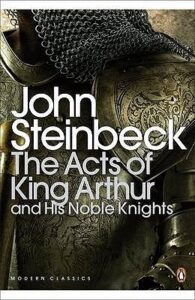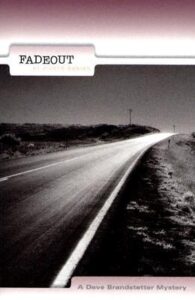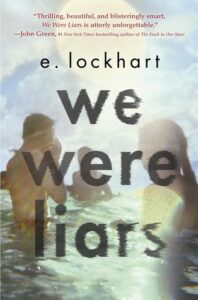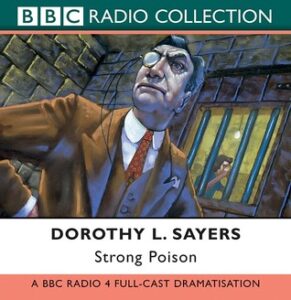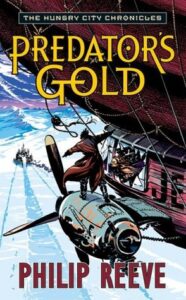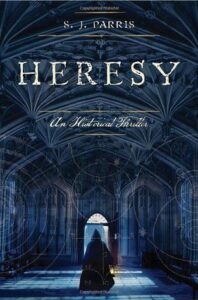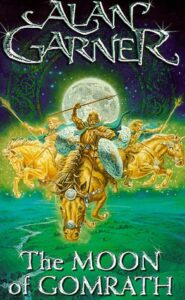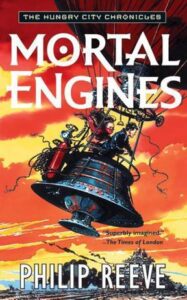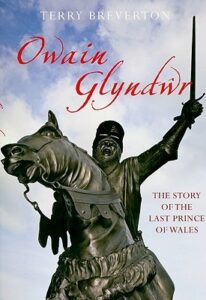 Owain Glyndŵr: The Story of the Last Prince of Wales, Terry Breverton
Owain Glyndŵr: The Story of the Last Prince of Wales, Terry Breverton
For a Welsh person, I used to know sadly little about Owain Glyndŵr. I knew he was a national hero, and I knew a tiny little bit about the history surrounding his revolts. He was mentioned, briefly, in one of my high school history textbooks, as a violent and dangerous criminal; the rest I sort of absorbed by osmosis, or from brief appearances in fiction like Silver on the Tree (Susan Cooper).
Well, now I ‘know’ a lot more facts and figures, though I’m not sure how well they’re going to stick. While the style itself is readable, it felt like a long list of facts from the beginning, with the lightning-quick tour of English-Welsh history prior to Glyndŵr’s time. It didn’t really get much better once talking about Owain himself. And the bias is — well, I’m not against pointing out all the things the English (speaking abstractly, not of any one person, government, time period, etc) have done to the Welsh over time; there’s been a lot of really terrible behaviour. But there was something blinkered about this — calling Henry Tudor’s ascent to the throne a victory for Wales seems a little off, and I highly doubt that it was ever just the English being savage when it came to war and contested borders.
I don’t know how you can manage to make your facts dry and unmemorable, without much commentary, yet also give such a strong impression of only considering one side of the story. I’m not sure I’d recommend this as a biography of Glyndŵr, though unfortunately I don’t know of a better one.

